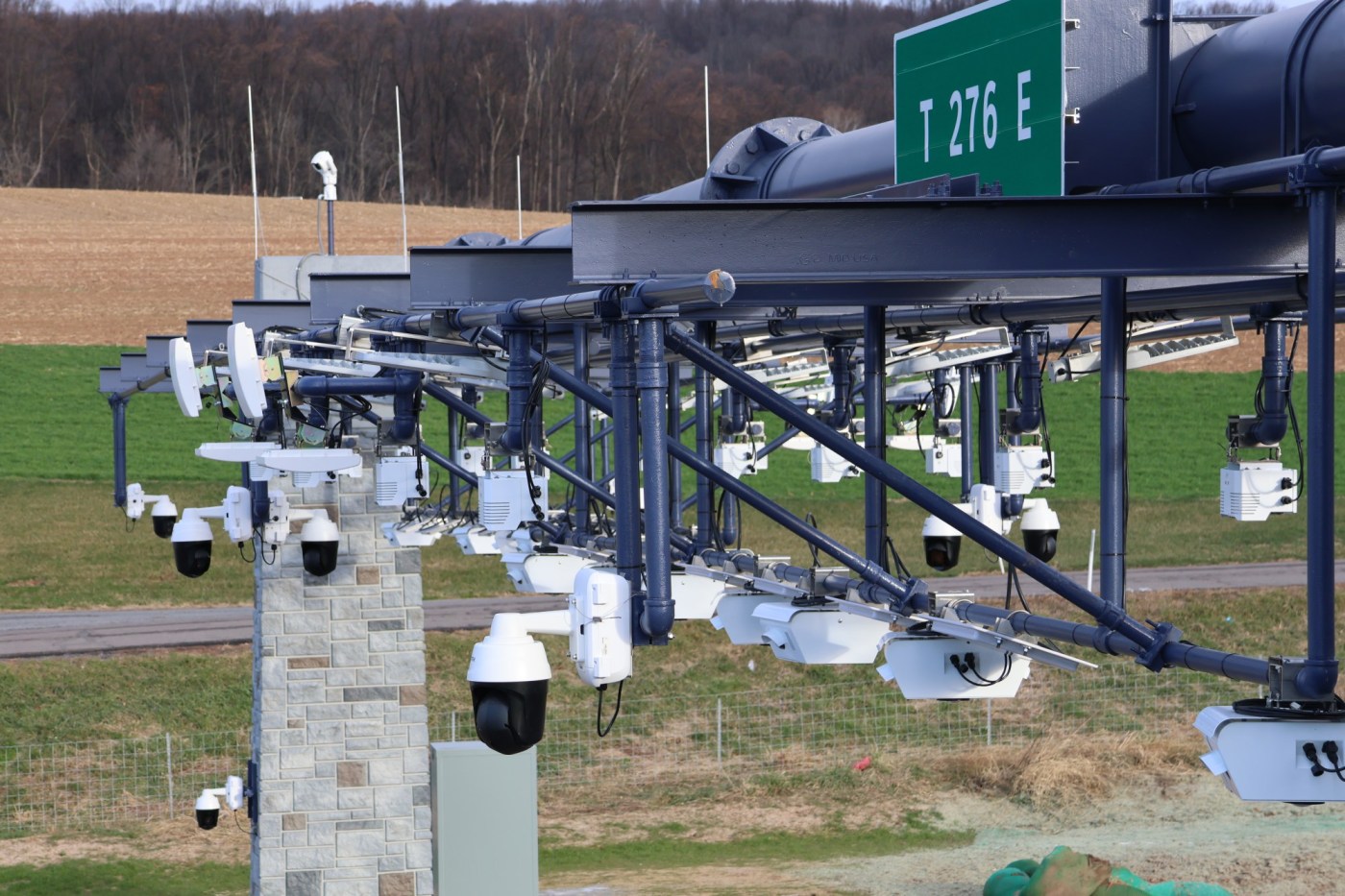UPDATE: The Alaska Supreme Court is currently deliberating a critical case that could reshape abortion care access across the state. Just moments ago, the court heard arguments regarding a 2019 challenge initiated by Planned Parenthood, questioning the constitutionality of a law restricting abortion procedures to licensed doctors only.
This legal battle is pivotal and comes at a time when access to reproductive healthcare is under intense scrutiny. The outcome will directly affect the availability of abortion services, potentially allowing advanced practice clinicians like nurse practitioners and physician assistants to provide crucial care.
During the proceedings, the court reviewed a ruling from Superior Court Judge Josie Garton, who previously sided with Planned Parenthood, allowing these advanced providers to administer abortion care. However, the state has appealed this decision, complicating the matter further. If upheld, Garton’s ruling could significantly expand the pool of qualified providers in Alaska, where healthcare access poses unique challenges due to vast distances and limited resources.
Planned Parenthood argues that the existing law lacks medical justification, unfairly restricting access for individuals seeking abortion services. Their legal team emphasized that advanced practice clinicians routinely manage medical care of similar risk and complexity, and are already authorized to provide medication abortion in 25 states. Since Garton’s ruling, these clinicians have become primary providers of medication abortions in Alaska, allowing clinics to offer this service daily—an improvement from the past when doctors could only provide care sporadically.
Recent state statistics reveal a steady number of abortions in Alaska: 1,229 in 2021, 1,247 in 2022, 1,222 in 2023, and 1,224 in the preceding year. However, these figures may also include instances where medication was administered for miscarriages, and the report does not specify the numbers.
The challenge is further complicated by Alaska’s geographical barriers, with many residents facing significant travel to access healthcare services. Isolated communities often lack direct connections to the state’s main road system, forcing individuals to fly to larger cities like Anchorage or even Seattle for specialized care. These journeys can be expensive and are frequently hindered by adverse weather conditions.
In court, the state’s attorneys contended that Planned Parenthood has not shown that the physician-only law has prevented women from exercising their right to choose. They argue that the organization could hire more doctors if needed and maintain that the law serves a legitimate purpose.
The court has not yet indicated when a ruling will be issued, leaving many to speculate on the future of abortion access in Alaska. This case not only highlights the ongoing debate over reproductive rights but also underscores the layers of complexity involved in healthcare access in remote areas.
As this situation develops, the outcome will likely resonate across various regions, shaping the future landscape of abortion care and potentially influencing similar legal challenges elsewhere. The proceedings are of immense public significance, balancing healthcare access against the state’s regulatory authority.
Watch for updates as the court’s decision will have profound implications for Alaskan women and their healthcare choices.







